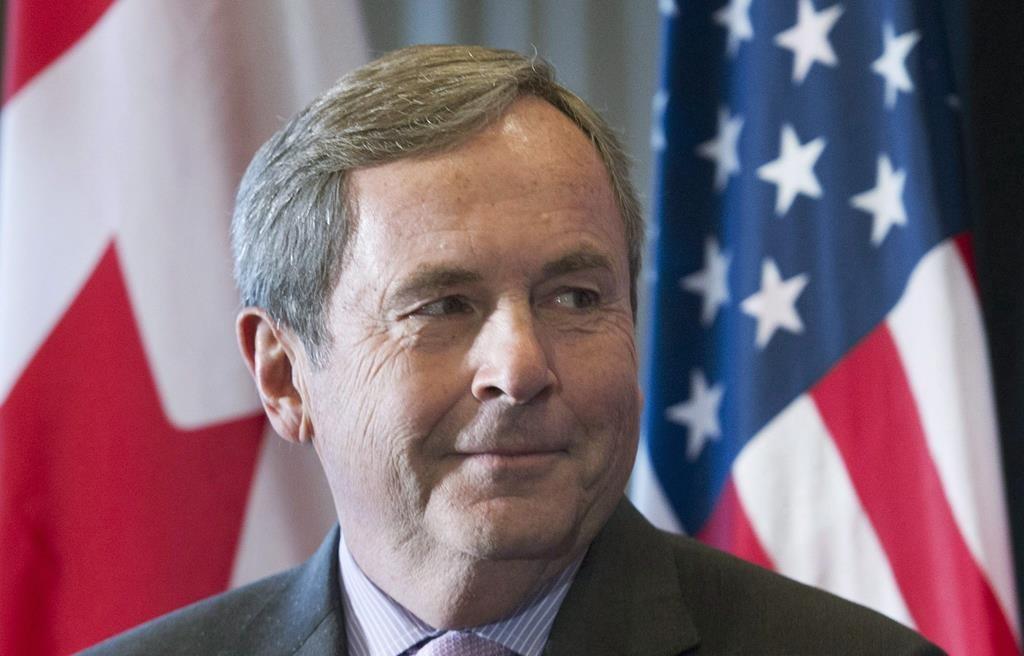OTTAWA—American ambassador David MacNaughton, who became the fulcrum of the Liberal government’s strategy for managing relations with an impetuous and unpredictable White House, says he plans to step down from the post at the end of the summer.
MacNaughton, who is vacating the job just weeks before Canadians go to the polls Oct. 21, announced Thursday that he intends to return to the private sector in Toronto. He'll be replaced on an acting basis by Kirsten Hillman, his deputy since 2017.





